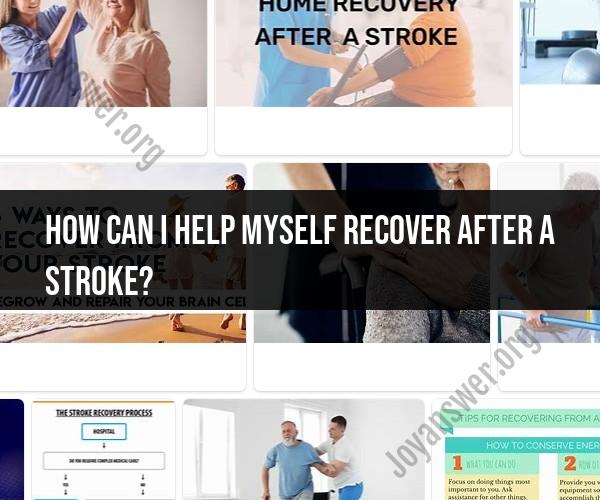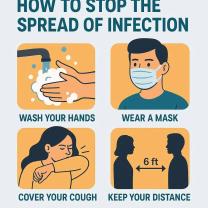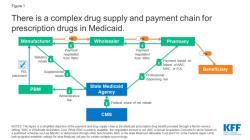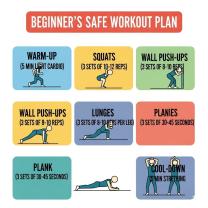How can I Help Myself recover after a stroke?
Recovering from a stroke is a transformative journey that requires proactive strategies and dedicated self-care. This comprehensive guide provides practical tips and insightful guidance to empower individuals to enhance their recovery process following a stroke.
Understanding Stroke Recovery
Stroke recovery encompasses multifaceted dimensions, including physical, emotional, and cognitive aspects. By taking an active role in your recovery, you can significantly influence your outcomes and overall well-being.
Physical Rehabilitation
Physical recovery forms the cornerstone of regaining functionality and independence post-stroke:
1. Follow Medical Advice
Adhering to your healthcare provider's tailored recommendations for medications, therapies, and targeted exercises supports your body's healing and rejuvenation.
2. Engage in Purposeful Physical Therapy
Participating in structured physical therapy sessions not only enhances your mobility and balance but also fosters a sense of achievement as you progress in your recovery journey.
3. Embrace a Holistic Lifestyle
Promote your well-being by embracing a balanced diet rich in nutrients, staying adequately hydrated, and steering clear of habits like smoking and excessive alcohol consumption that hinder your recovery.
Emotional Well-Being
Nurturing your emotional health is essential for fostering a resilient recovery:
1. Seek Support Networks
Building a network of understanding friends, family, and support groups provides an outlet to share your emotions, experiences, and challenges on your path to healing.
2. Practice Effective Stress Management
Engaging in relaxation techniques, mindfulness exercises, and pursuing hobbies you enjoy can help alleviate stress and anxiety, promoting a positive emotional state.
3. Set Attainable Goals
Establishing realistic goals, both big and small, offers you a sense of purpose, direction, and accomplishment, bolstering your emotional resilience throughout your recovery.
Cognitive Rehabilitation
Rebuilding cognitive abilities contributes to your overall recovery:
1. Stimulate Your Mind
Engage in brain-boosting activities such as puzzles, memory games, and reading to foster cognitive engagement and flexibility.
2. Embrace Lifelong Learning
Constantly challenge your mind by immersing yourself in conversations, acquiring new skills, and exploring unfamiliar subjects, which play a pivotal role in cognitive revival.
3. Prioritize Restorative Sleep
Adequate sleep serves as a critical component for cognitive restoration, allowing your brain to rejuvenate and consolidate memories.
Regaining Independence
Empowering yourself with adaptive strategies promotes a sense of autonomy:
1. Leverage Assistive Devices
Make use of assistive devices and modifications tailored to your needs, enabling you to navigate daily activities with increased ease and self-sufficiency.
2. Establish Empowering Routines
Crafting structured daily routines provides a sense of predictability and control, assisting you in progressing through your recovery milestones.
3. Cultivate Patience and Perseverance
Recognize that recovery is a gradual process; celebrate every achievement, no matter how small, and persistently work towards your goals.
In Conclusion
Embracing self-recovery after a stroke involves a holistic approach encompassing your physical, emotional, cognitive, and adaptive dimensions. By implementing these effective strategies and following the provided guidance, you can play a proactive role in your recovery, optimize your quality of life, and achieve significant milestones on your journey toward wellness.













